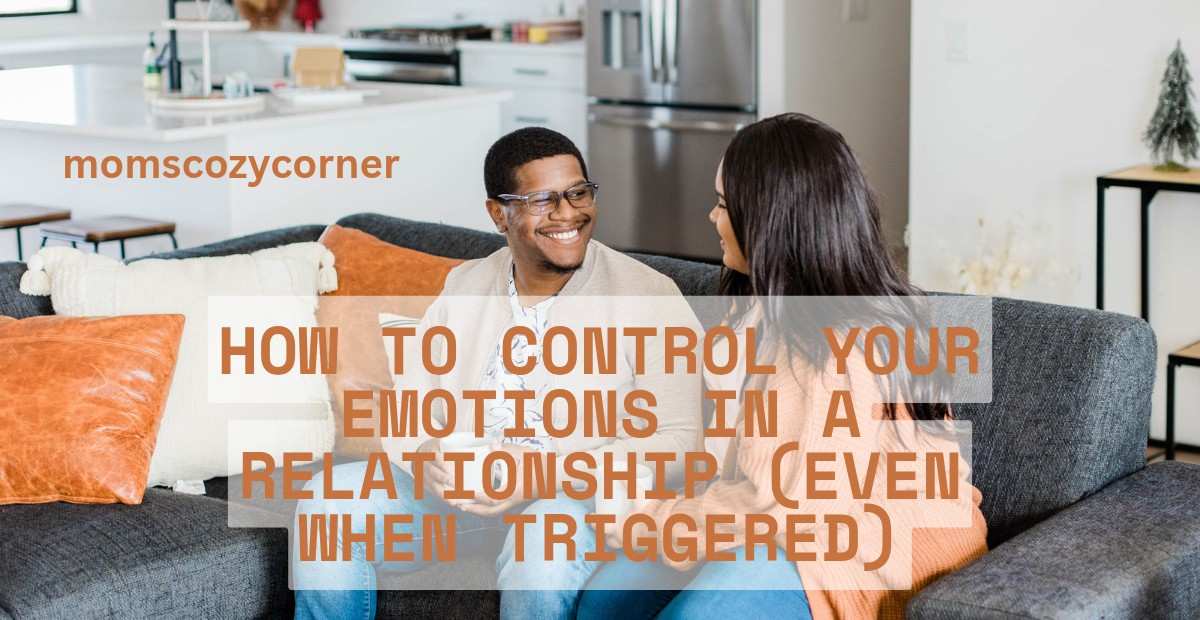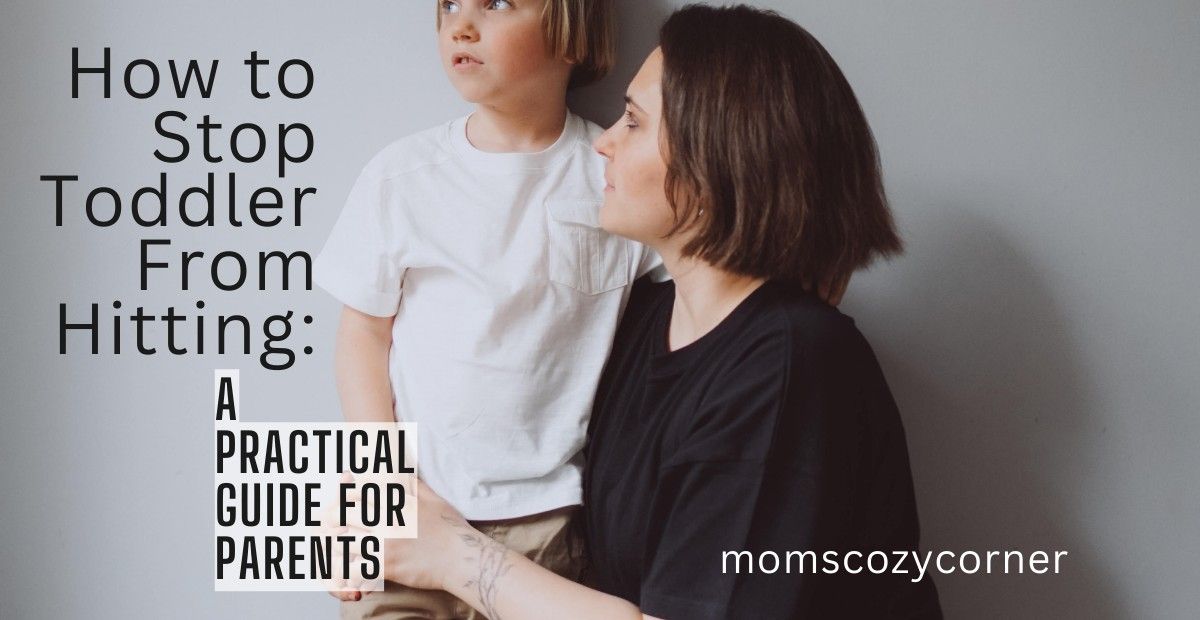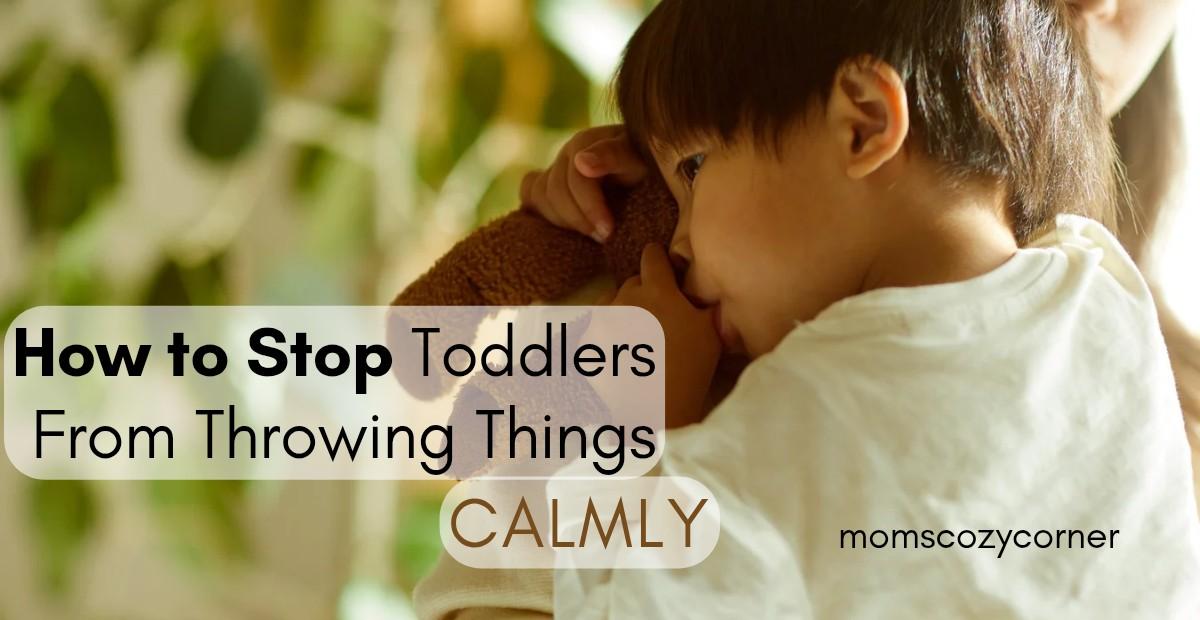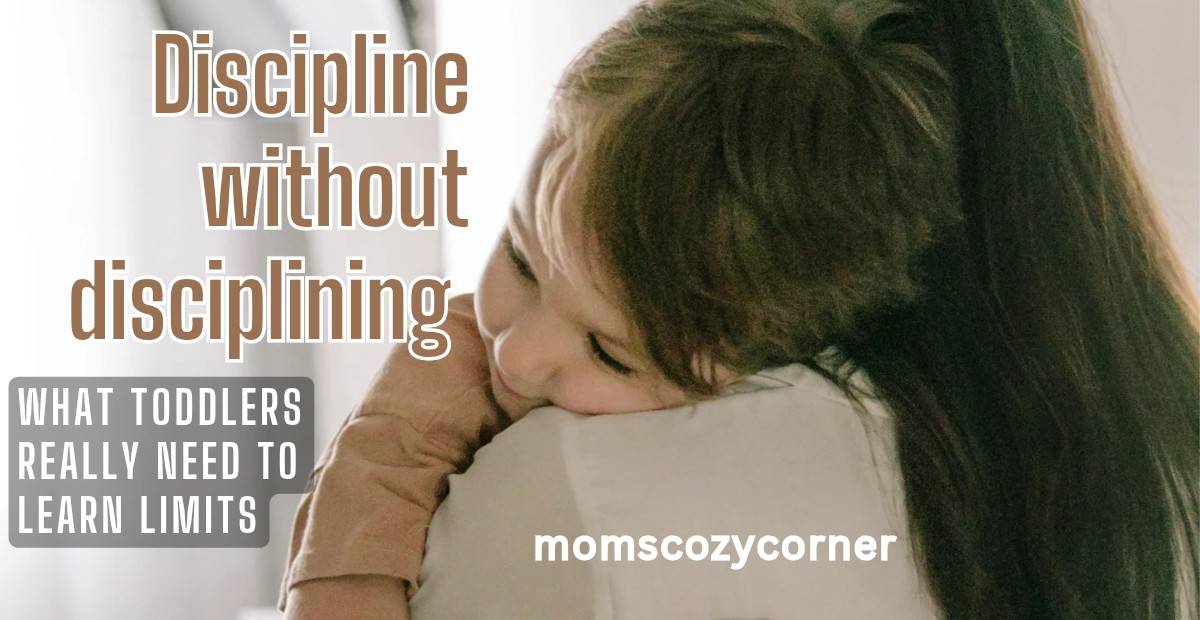How to Control Your Emotions in a Relationship: Expert Tips for a Calmer You
Introduction
Have you ever reacted to your partner in a way you never would with anyone else? I did just last night. When my husband didn’t fully open the gate and it almost hit our daughters, I immediately shouted, even though a relative had done the same thing before and I’d stayed calm. It’s a common paradox: we feel safe enough with our partners to be our authentic selves, but that same comfort can make us quick to anger. Learning how to control your emotions in a relationship can actually strengthen the bond you share. In this article, we’ll see some practical, no-secret tips to do just that.
How to Control Your Emotions with Your Partner
We spend most of our time with our kids, and the next person we’re with a lot is our husband. How we react with him can easily affect our kids and even our relationship with them.

Why Emotional Control Strengthens Your Bond
You know how in arguments, words just fly out like an arrow from a bow? I had one of those moments. I’d asked my husband to grab me a snack once, and he forgot. I let it go that day. But later, when he brought the same snack for me and his mom, I totally snapped. I started comparing—“You remembered her, not me”—even though deep down I know he didn’t mean it that way. That emotional burst just spoiled everything. If I’d calmly said, “Hey, I felt hurt,” it would’ve been healthier. Talking openly actually strengthens the bond instead of breaking it.
Proactive Habits for a Healthy Connection
You know, staying calm with our partner really comes down to those little daily things. Just saying “I love you” is nice, but when you actually tell him why you felt loved, it hits different. Like, “Hey, when you smiled at me before getting into the car yesterday, that made me feel so loved.” These habits help you control your emotions in a relationship, and he’ll notice too. The same with food—I remember my husband kept asking for an omelet, and one morning I surprised him with it. And honestly, even small things—pulling up his bedsheet, bringing coffee, or sending a quick “miss you” text—keep that connection alive.
Stop Overreacting and Stay Emotionally Balanced
Overreacting once in a while is normal, but if it happens all the time, it hurts our bond. Training ourselves to stay emotionally balanced makes relationships smoother and healthier.

Spot Your Emotional Triggers Early
You know when I’m getting the kids ready for school or an outing, and it feels like I’ve got roller skates on my feet just to keep up? Meanwhile, my husband is in the living room, scrolling his phone and watching TV. And when I ask for a little help—like tossing veggie scraps in the compost or stirring something in the kitchen—he’ll say, “Wait, I’ll be back.” Spotting these triggers early gives me time to think, stay emotionally balanced, and avoid overreacting, so small issues don’t turn into bigger arguments.
Express Feelings Without Conflict
As I mentioned earlier, one of my triggers was when I asked my husband for a little help while doing tasks—like tossing veggie scraps in the compost or stirring something—and he would usually say, “I’ve got some work; I’ll finish it and come.” This time, after identifying my trigger, I chose a different approach. I just smiled at him. Seeing me smile, he realized he was saying the same thing again, smiled back, helped me in the kitchen, and then went back to his work. Expressing my feelings this way helped me control my emotions in a relationship, and it avoided an unnecessary argument.
Finding the Right Amount of Quality Time Together
We often focus on quality over quantity—in books we read, foods we eat, things we buy, or even dresses and appliances. The same applies to relationships.

Quality Over Quantity Matters
Even though we have less time together after having kids, I focus on making it meaningful. During our short quality moments, we talk about us—just our thoughts, moods, or little funny things, not kids or future plans. He’s usually not very expressive, but when he opens up, I feel he thinks I’m special and trusts that I won’t judge him. I sometimes start the conversation, like, “Your face looks so bright today; what’s going on?” or “I heard you laughing at the TV; what’s funny?” These moments deepen our connection and help avoid conflicts.
Maintain Closeness While Respecting Personal Space
Personal space isn’t about avoiding each other; it’s about giving your partner the time they need to recharge. This mutual respect keeps both of you from feeling overwhelmed. For example, my husband loves watching sports or movies, so I let him have 30 minutes while I manage the kids. When I want some quiet reading time or a short nap, he engages the kids. This mutual respect and understanding keeps us calm, avoids conflicts, and actually brings us closer. Both partners have to actively work on it for it to really work.
Understanding Mixed Emotions in Relationships
Ever felt crazy in love with your partner and totally frustrated with him at the same time? That’s not a red flag—it’s just real life. Our feelings are always a mix.

Why love and frustration can coexist
Mixed emotions simply mean holding two opposite feelings at the same time—like joy and worry, or feeling clear and confused. For example, a few days ago, we bought jewelry for my daughter. I was so happy—it felt like a sweet way to show love and something valuable for her future. But at the same time, another part of me started worrying about bigger things—her education, health, marriage, and dreams. Later, when I shared these concerns with my husband, he wasn’t emotionally present, which triggered frustration in me.Yet I also knew that jewelry was possible because of him. That moment reminded me how crucial it is to control emotions in a relationship, especially when both joy and concern exist at the same time.
Managing conflicting emotions effectively
Thinking back to that day, I figured out something big—when two emotions hit at once, it’s all about choosing the one that actually fits the moment. What mattered then was the joy of giving her something special, not the fear of the unknown. Instead of letting the worry take over and snapping at my husband, I could have chosen to sit with the happiness and save the serious talks for later. Managing two emotions isn’t easy, but picking the one that fits the moment really makes a difference.
For a deeper dive into understanding why we react emotionally and how to process it, see our pillar article: Why Do I Feel Things So Deeply?
Protect Your Relationship from Emotional Upsets
You know, we all want to keep our relationship safe from emotional storms. After all, he’s your life partner—so here are some tips to protect that bond.
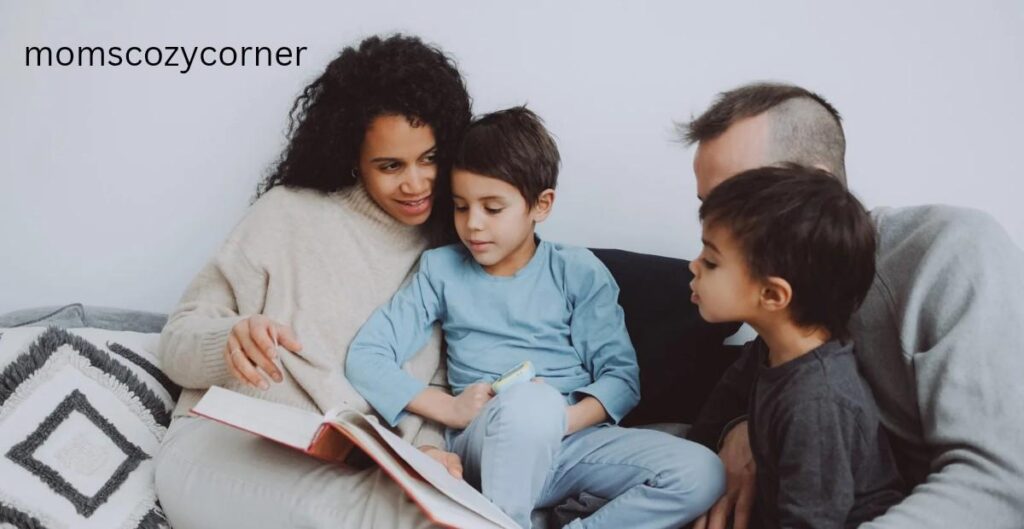
Pause and Respond, Don’t React
You know how sometimes we just snap back the second someone triggers us? I’ve done that too. Once, my dad questioned my parenting, and I instantly reacted. But the next moment, I thought, “Wait, why did I even waste my energy on that?” Just because someone says something doesn’t mean it’s true or worth a fight. This happens in marriage a lot too. We keep repeating the same arguments without actually solving them. If we just pause, ask ourselves if it’s worth responding, and choose a calmer way to explain, it can save so much unnecessary drama.
Build Emotional Resilience Together
Ever wonder how some couples just bounce back from emotional ups and downs so easily? Honestly, building emotional resilience isn’t always simple. Whenever something drains my energy, my husband usually notices and asks, “Are you holding onto this too tightly?” He doesn’t rush in with solutions—he just helps me pause and think if it’s really worth stressing over. That tiny nudge makes a huge difference, letting me recover faster. I think if we practiced this as a daily routine, we’d definitely see more improvement in our emotional resilience—but honestly, we haven’t done it consistently yet. We’ll definitely plan to work on it in the coming days.
Final Thoughts
Small emotional bursts can derail even the happiest relationships, but learning to control emotions in a relationship is key to creating a calm, happy home for your family. Even if you slip up now and then, it’s completely normal; what matters is bouncing back in a better way. Emotional balance isn’t magic—it’s achievable with consistent practice and patience. Try out these strategies and let me know what works for you in the comments. Have a tip of your own, or know a friend who could use this? Don’t hesitate to share!

